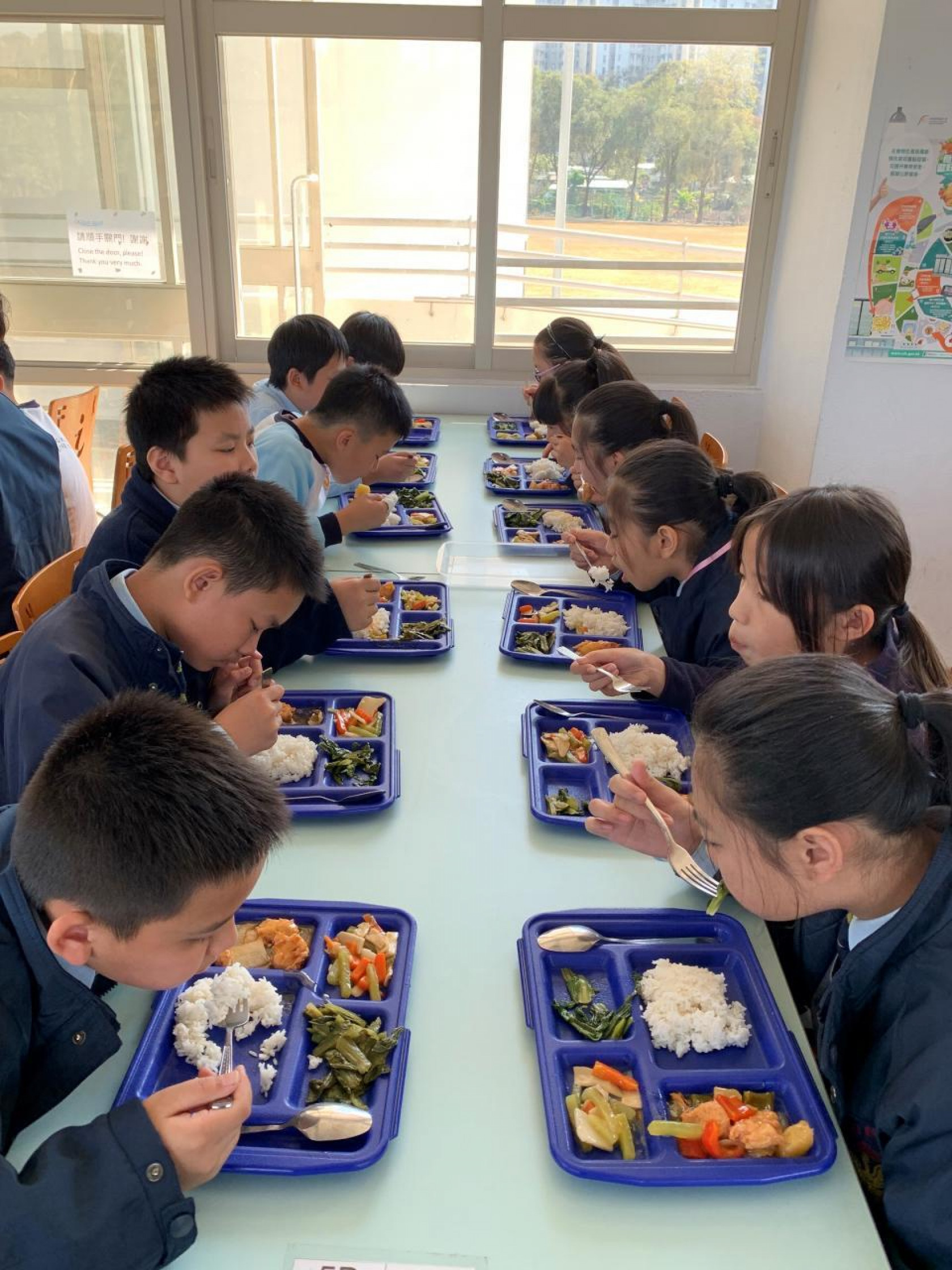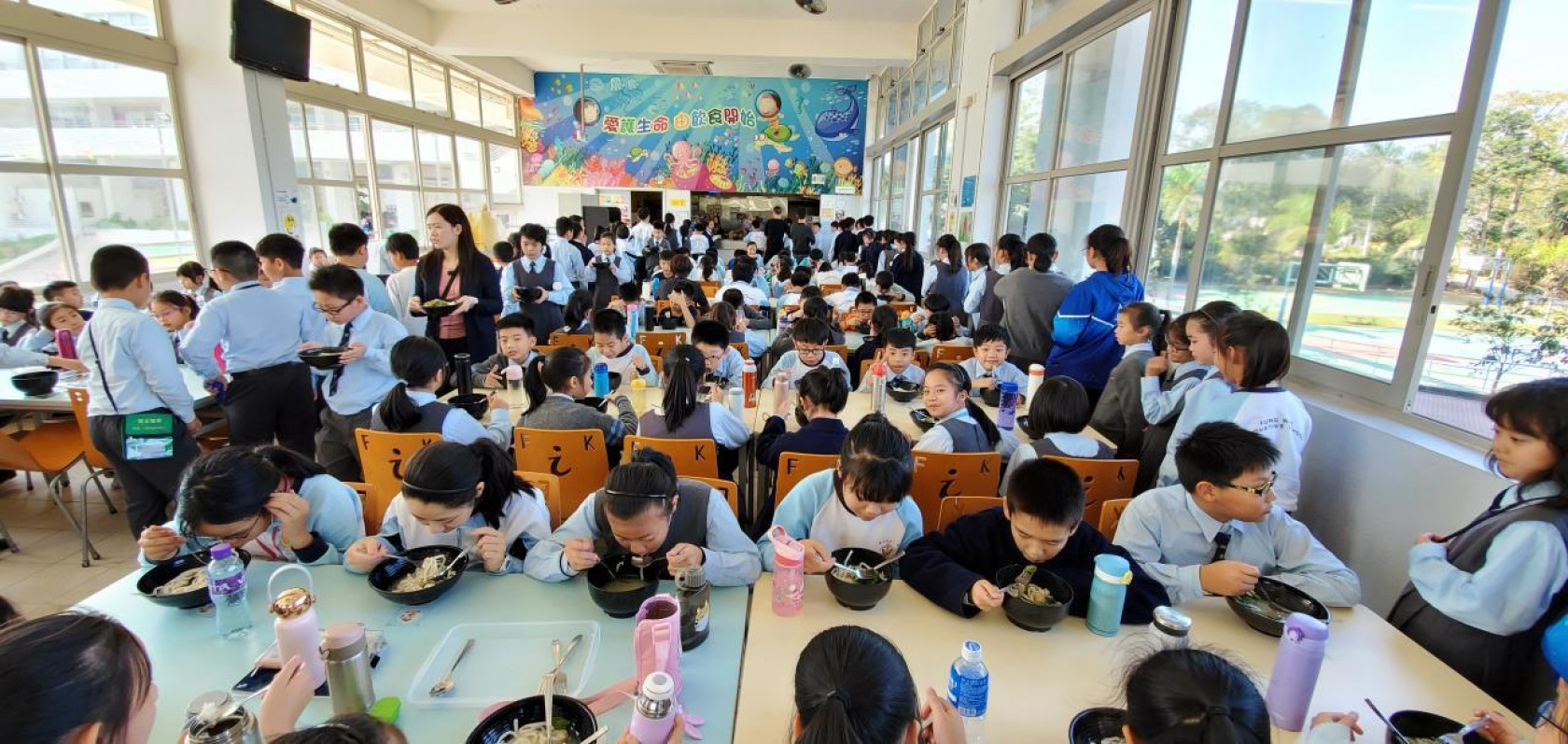Contents of Environmental Protection Policy
- Energy and Water Conservation
(a) Air conditioning should only be turned on when the temperature exceeds 26℃ When two air conditioning units are used simultaneously, the temperature should be set to 25℃.
(b) Heating should not be used in winter.
(c) Remove unnecessary lighting devices.
(d) Turn off lights, fans, air conditioning units, and other electrical appliances when leaving classrooms and special rooms.
(e) Ensure that faucets are properly closed after using water.
(f) Install automatic shut-off faucets.
- Waste Reduction, Reuse, and Recycling
(a) Staff members should utilize information technology for communication and information dissemination.
(b) Utilize electronic announcements and messages to communicate with parents.
(c) Staff members should strive to use double-sided printing.
(d) Students and staff members should use environmentally friendly paper.
(e) Staff members should reuse old envelopes and document bags whenever possible.
(f) Utilize electronic greeting cards instead of traditional cards.
(g) Place recycling bins for paper in classrooms and staff rooms.
(h) Install plastic bottle recycling bins on the playground for bottle recycling.
(i) Monitor the school's paper usage and appliance depreciation.
- Environmental Activities
(a) Implement various greening activities such as "One Person, One Flower," "Campus Greening Project," and ecological garden planting.
(b) Organize environmental events such as "Environmental Day" and "Air Conditioning-Free Day" to raise awareness among teachers and students.
(c) Organize comprehensive learning activities such as field trips and campus picnics to increase students' exposure to nature.
(d) Encourage teachers to share environmental news through news broadcasts.
(e) Promote vegetarian culture and low-carbon diets.
(f) Encourage students to bring handkerchiefs and water bottles to school.
(g) Actively participate in external environmental activities and assessments for self-improvement and enhancement.
- Environmental Curriculum
(a) Promote environmental education through the school curriculum, integrating environmental messages into various subjects.
(b) Coordinate interdisciplinary environmental activities among subject groups.
- Environmental Management
(a) The school's maintenance team should assist in environmental management, such as assisting in paper and plastic bottle recycling and turning off unnecessary electrical appliances.
(b) Implement a "Turn Off Engine While Parking" policy to remind drivers to turn off their engines after parking.
(c) Shut off school water valves during holidays.
(d) Establish a student environmental management team, "Environmental Ambassadors," to assist in monitoring the school's environmental conditions and promoting environmental activities.
(e) Cafeteria suppliers must cooperate with food waste recycling companies to properly handle food waste.
(f) Make good use of reusable utensils to reduce waste.
- Green Procurement (Consider the following factors during procurement by subject groups)
(a) Compliance with all environmental regulations.
(b) More suitable for reuse, made from more recycled materials, with less packaging and greater durability.
(c) Compliance with higher energy efficiency requirements.
(d) Use of environmentally friendly technologies or low-pollution fuels.
(f) Reduce water consumption.
(g) Emit fewer irritating or toxic substances during installation or use, generate fewer toxic substances during disposal, or contain fewer toxic substances.
(h) Refer to the environmental specifications provided by the Environmental Protection Department.




